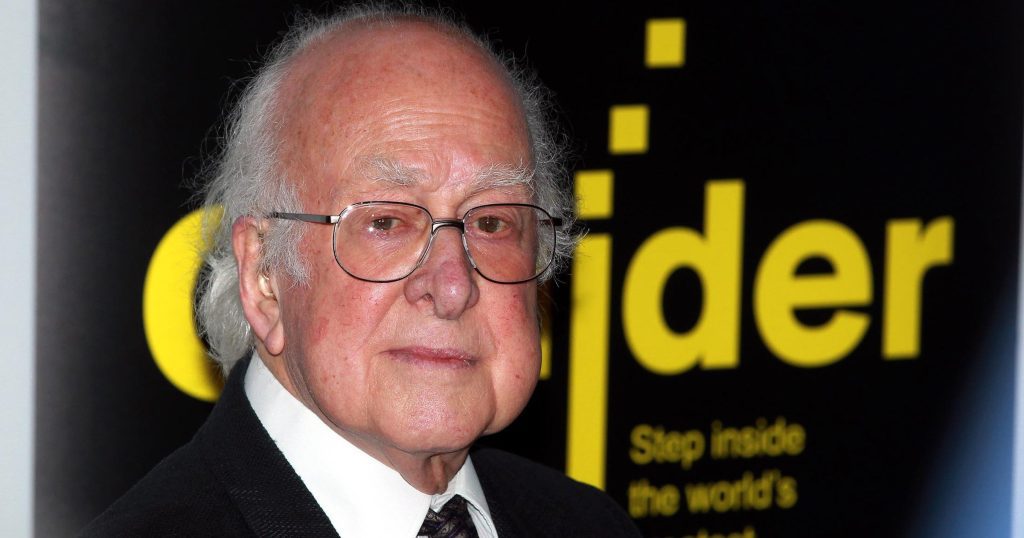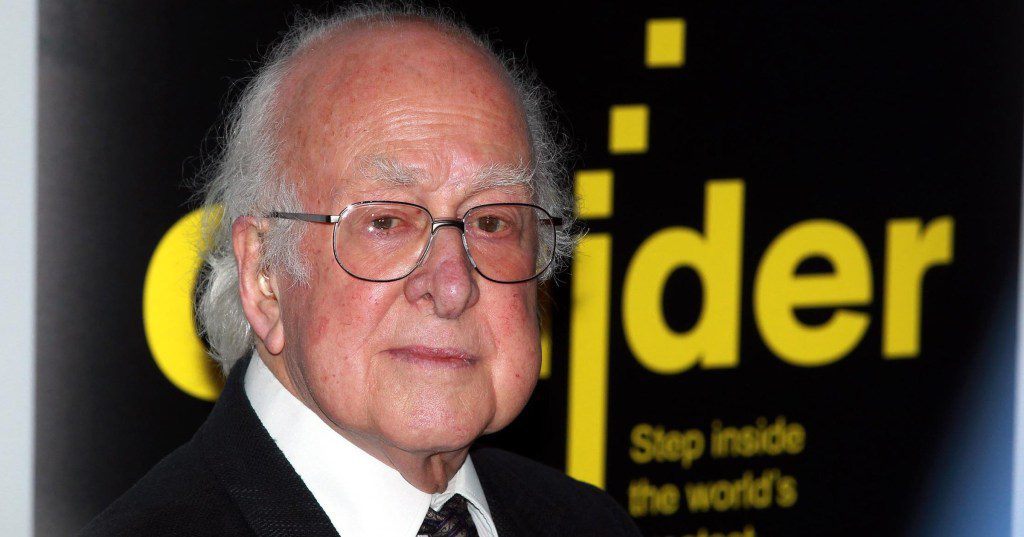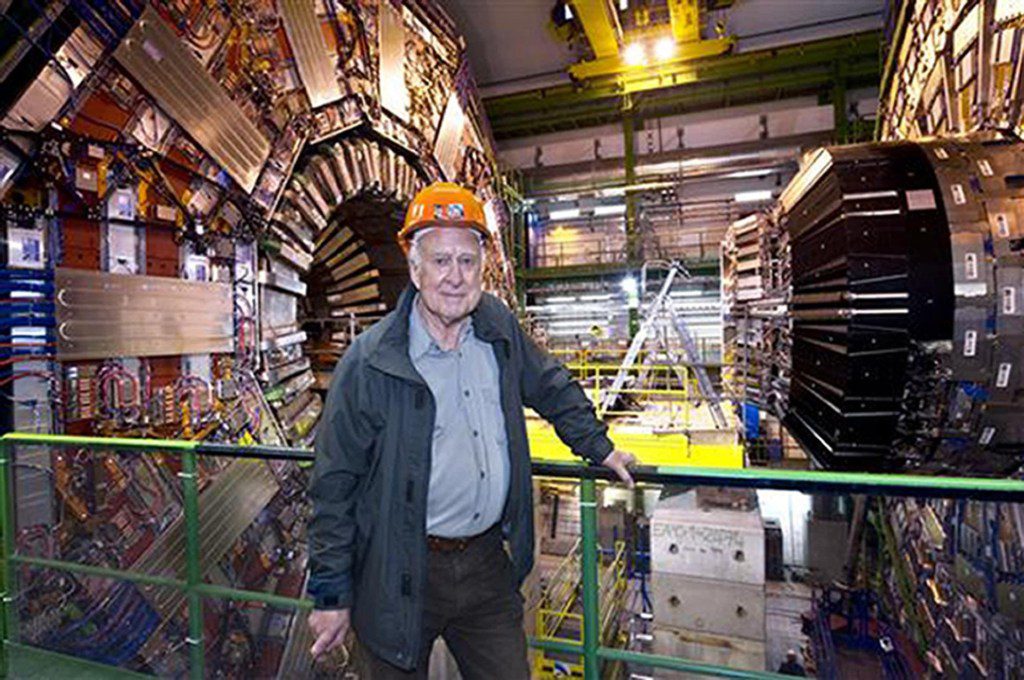Peter Higgs, a physicist who proposed a mysterious particle to explain the existence of everything, has died, leading to celebration.
He was 94.
The British physicist and Nobel Prize winner has passed away. Nobel Prize winner was announced by the University of Edinburgh, where he was an emeritus professor.
No further details were provided.
The university’s principal, Professor Peter Mathieson, said: ‘Peter Higgs was a remarkable individual – a truly gifted scientist whose vision and imagination have enriched our knowledge of the world that surrounds us.
‘His pioneering work has motivated thousands of scientists, and his legacy will continue to inspire many more for generations to come.’
Higgs was just 35 when, as an assistant professor at Edinburgh University in 1964, he had a bright idea.
All the particles moving around us have mass, but scientists have never been quite sure why. Knowing this would help the world know, simply put, why it exists in the first place – why we, the stars, everything in the universe, came to be.
Around this time, physicists were busy unlocking the secrets of the cosmos – Einstein had just cracked relativity – but they were all stumped as to why elementary particles, as tiny as you can get, had mass.
The math around quantum theory, or how the world works on a subatomic level, just never quite added up.
But what if, Higgs suggested, there is a particle that gives everything and everyone mass. When we’re inside this big invisible force field, elementary particles are filled with mass – without it, they would just float away like light.
Neither atoms nor life would exist.
This started a decades-long, global, expensive search for the Higgs boson, also called the ‘God particle’ because it could simply explain the nature of existence.
In other words, Higgs had figured it out – but science needed to catch up first.
This boson would go on to form the Standard Model, which encompasses all human knowledge about elementary particles and how they shape and create the universe.
But the boson proved very difficult to find. The idea was that we could remove a bit of the invisible Higgs field by hitting it hard enough to make a Higgs particle come out, even if for a millionth of a second.
And in 2012, Higgs received a standing ovation when the Higgs boson, named after him (and, well, God), was found at the European Organization for Nuclear Research, or CERN, in Geneva.
The boson named after him (and, well, God) had just been found.
Speaking from a webcam, Higgs wiped away a tear as he said: ‘It’s really an incredible thing that it’s happened in my lifetime.’
He would win a Nobel Prize just one year later.
.











